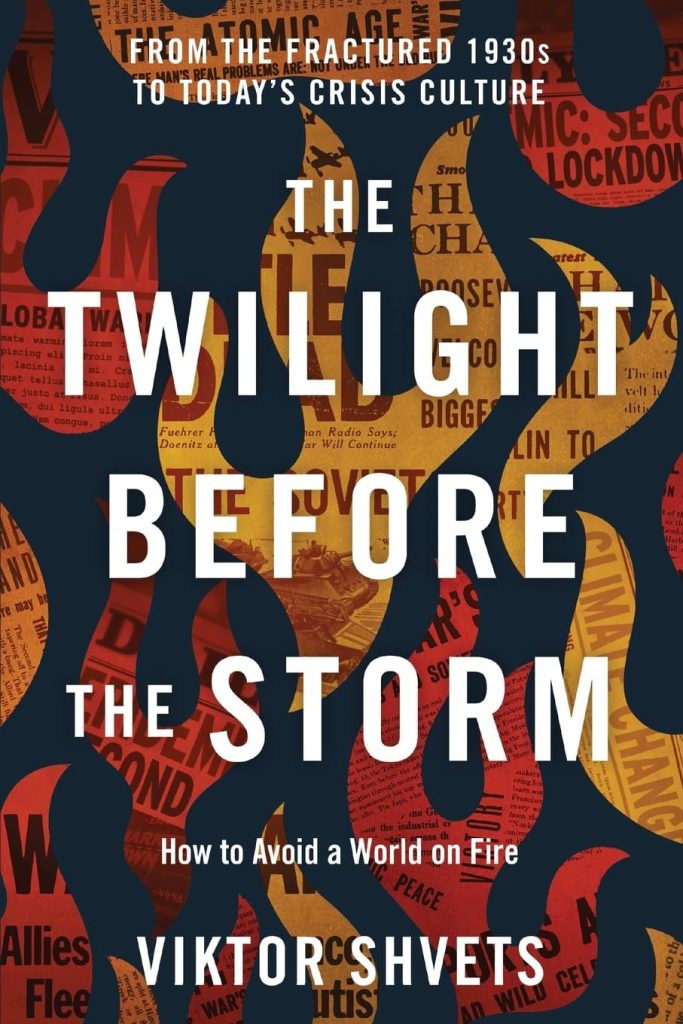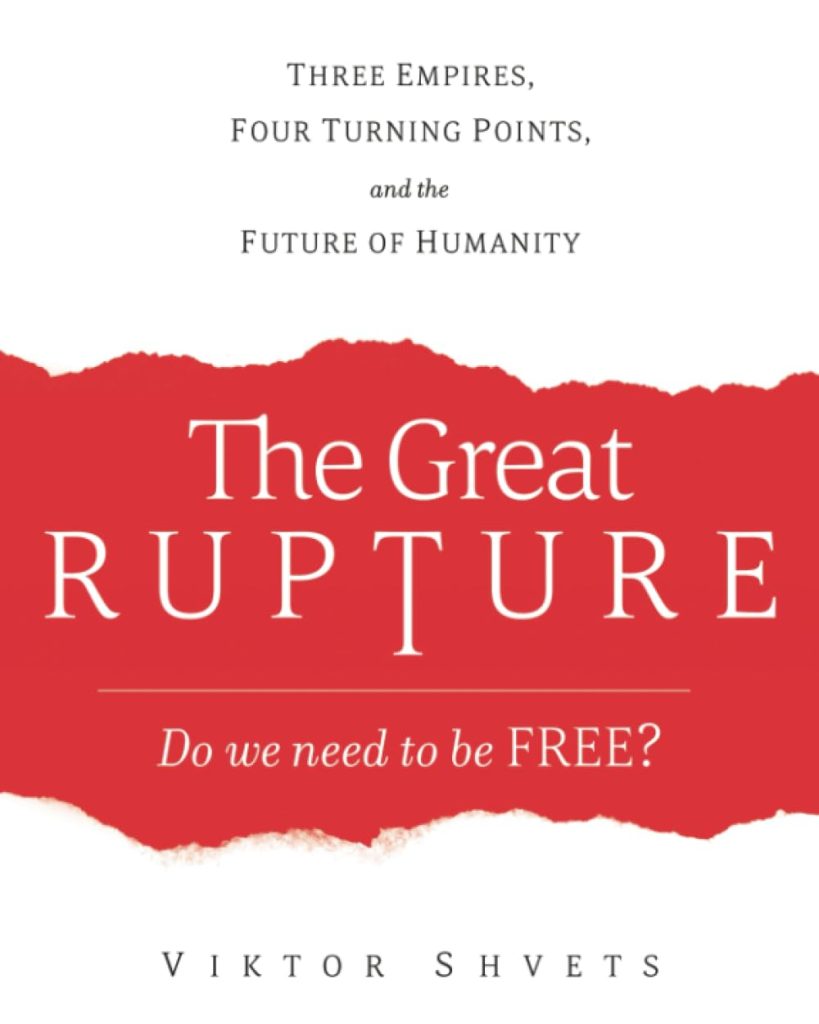
How to Avoid a World on Fire
The next decade promises to be the most critical period in the transition from today’s capitalism toward a yet-to-be defined alternative system. Viktor Shvets, global strategist, asks: Will it be capitalism or communism, feudalism or despotism? The fusion of the disruptive Information Age and deep Financialization (aggravated by generational change and climate) is destabilizing every aspect of our lives—from the role and functioning of labor and capital to political systems, from the private sphere to morality, from education to entertainment.
The world faced similar disorientation in the 1930s. At this time the choice was not between freedom or slavery, but how much freedom needed to be sacrificed to avoid the worst outcomes. There were three choices on the menu: communism, fascism, or constrained democracy. With free market liberalism discredited, the question was not whether to plan economies and societies, but how far state’s control should spread, and how much free space should be left for the private sector and markets.
Today, we are in a place not so different, with the “neo” version of the free-market liberalism once again discredited, causing 1930s-style fractures. With the new consensus on the “right” model not yet formed, alternatives are proliferating. Tensions are on the rise. Are we bound to relive a world on fire of the 1940s, or transit toward a more placid but constrained 1950s-60s? The Twilight Before the Storm examines how and where conflicts might arise—from cold and hot to civil and hungry wars—and suggests policies that might lower tensions and defang extremes. We have options. Will we exercise them in time to avoid the worst? How will future generations judge us?

Do we need to be free to be innovative, prosperous, or even happy?
The lessons of the last five centuries were unequivocal—without freedom, there could be no prosperity or happiness. However, does this still hold true in the Information Age?
Modern technologies are disrupting our societies, altering every facet of our lives, from the nature of work and what we intrinsically value, to how we are informed, entertained, and educated—it promises to be a far deeper disruption than Industrial Revolutions. Humanity is at a major turning point, and how we respond to the merger of technology and financialization will decide our future. Will it be capitalism or communism, feudalism or despotism?
By learning from the past and projecting into the future, global market strategist Viktor Shvets explores the weakening nexus between freedom and prosperity and what that means for the future of humanity. From the birth of our modern world, pivotal events in human history have led to the collapse of non-Western civilizations—Mongol warriors sweeping across Eurasian steppes; the Black Death and a re-awakening of human spirit; Zheng He’s voyages and the collapse of Novgorod republic; and finally, the ban on printing in Arabic. What can we learn from these events to better prepare ourselves for the future?
As we hurtle toward that uncertain future, we must decide whether our cherished individual freedoms are still necessary for success and prosperity, or if in adapting to new technologies, non-Western civilizations are now better positioned for this new world, creating illiberal orders that might no longer suffer from stagnation of ideas. For the first time in at least five centuries, we have an opportunity and tools to build a different society and economy. Will we embrace the challenge?
